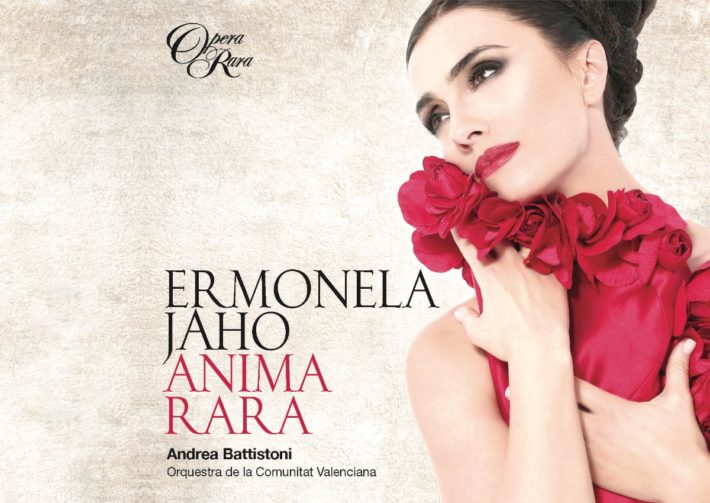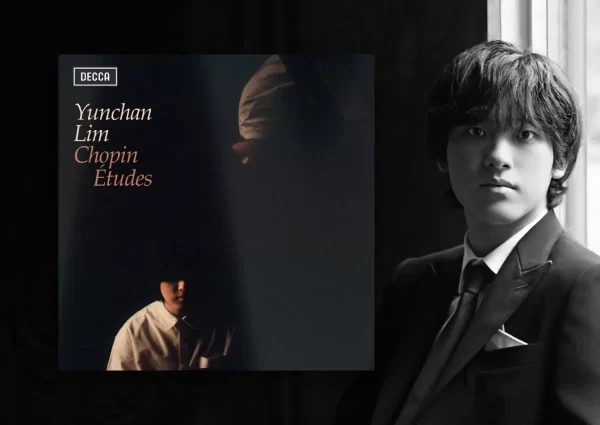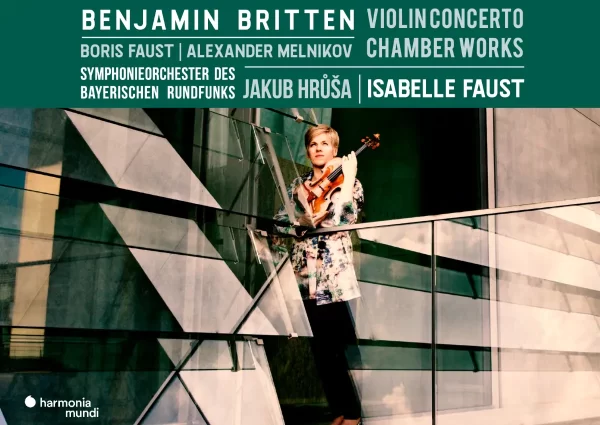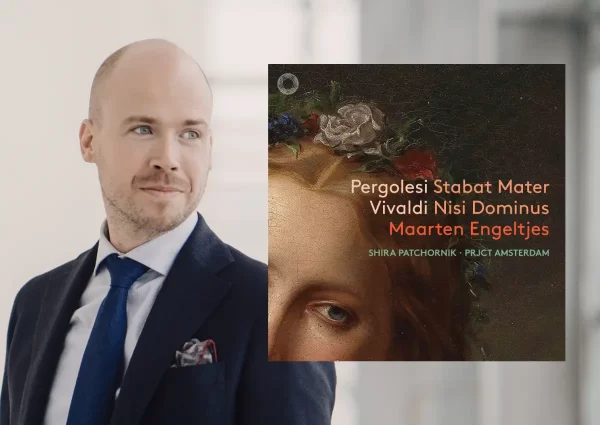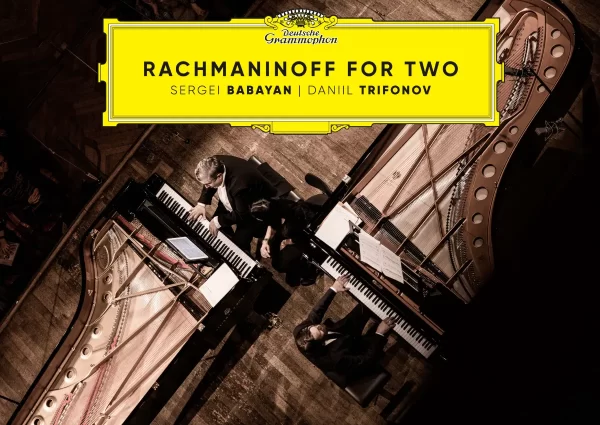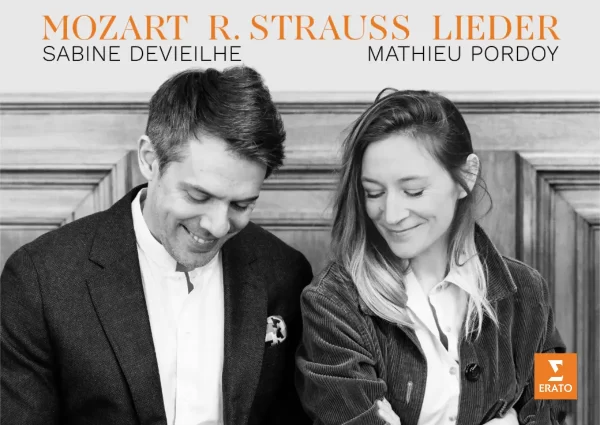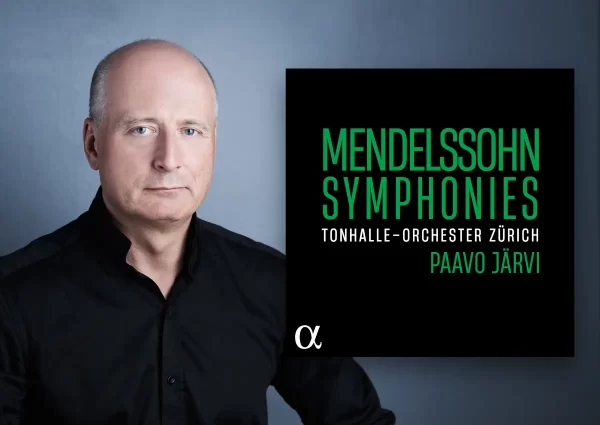Anima Rara, the new solo release from Ermonela Jaho, presents works from the Verismo era. In the conception of this album, Jaho has retraced the steps of Italian soprano Rosina Storchio (1876-1945), who worked directly with Puccini, Mascagni and Leoncavallo. Although Anima Rara (“rare soul”) refers to Storchio herself, it could also describe the often young heroines of these operas. In the face of life and love’s challenges, these women must grapple with their deepest emotions. From desolation to desolation, Jaho captures them all with conviction.
In “Un bel di vedremo” from Puccini’s Madama Butterfly, Jaho doesn’t merely perform a role but tells a story. The Orquestra de la Comunitat Valenciana, led by Andrea Battistoni, also helps unfold the drama with a fine performance. I found the middle part especially beautiful. It reflects Cio-Cio-san’s hopeful contemplation as she envisions the return of her lover. The gentleness of this section does not quite prepare us for the intense climactic ending. This is in no way a detriment – It heightens the entire story’s dramatic irony.
“L’altre notte” from Boito’s opera “Mefistofele” (track 5) is on a much darker side of the emotional spectrum. One of the characters, Margherita, laments her fate in prison: accused of poisoning her own mother, she finds out her young son has been thrown into the ocean. The performers’ musical depiction of this scene is just as harrowing as the story itself. It all starts with an effective introduction. The low stings use the chromatic motif as a vehicle to create an ominous tension. When it gives way to the brief moment of light at 1’55”, we are almost relieved – only to be plunged back into darkness. A good part of the aria rests in the soprano’s lower range. While these are not the most natural notes for Jaho, her ‘labored’ singing actually vividly embodies Margherita’s tangible grief. “L’altre notte” is much about contrast: light vs. dark, passionate vs. subdued. Jaho shows great versatility in this regard but mostly in the softer sections. Her excellent articulation and clarity enable the listener to understand and vicariously experience the story.
Related Classical Music Reviews
- Review: Vincerò! – Piotr Beczala, Tenor
- Review: Regula Mühlemann, Soprano – Mozart Arias II
- Review: “Desire” – Aleksandra Kurzak, Soprano
“Allons!” from Massenet’s Manon (track 7), explores the psychological struggle of the verismo heroine. In the first part, Jaho is a defiant Manon who must face a difficult circumstance of being separated from her love. Jaho has a surprising power (especially in the high notes) that allows her to hold her presence against a full orchestra. The second part quickly dissipates into melancholic reflection. She sings of a time when they once ate together, a symbol of happier times. The soprano’s voice is totally transformed; though delicate, it brings to life the realization of the separation.
“Teneste la promessa” from Verdi’s La Traviata (track 9) is one of the best tracks in this album, putting Jaho’s dramatic talents on display. In the opening recitative, she creates an ebb and flow in her words to portray the reading of a letter. In the lyric parts, she has a sophisticated approach to dynamics and phrasing. Her gradations of piano (2’51””) are especially notable: extended periods of soft singing and legato would be a challenge for any singer, yet she shows confident and nuanced voice control. As for the orchestra, it is in a largely accompanimental capacity, but the expressive woodwind solos stand out. They add a melancholic echo that complement the singer’s lines.
Jaho returns to Madame Butterfly in the final track. Unlike “Un bel di vedremo” which was full of hope and anticipation, “Con onor moure” (track 14 ) marks the death of the protagonist right as her lover calls for her – the tragic conclusion of a journey. Though we might have hoped for a more optimistic ending to the album, the choice works well. It highlights the fragility of the rare soul and the poignancy of its desperation and suffering. Though Jaho’s powerful vibrato occasionally overshadows her singing in some other arias, here it enhances the ardent despair, right down to the final words and dying breaths.
In dramatic arias like these where all parts are in full force, it is easy for the singer to be lost in a wash of sound. Luckily this is not the case here, and the recording is excellently engineered. In short, these are top-notch performances. Jaho becomes each of the women she portrays, making for a truly moving experience.

“Anima Rara”
Opera arias by Puccini, Verdi, Mascagni, Boito, Massenet, Leoncavallo
Ermonela Jaho – Soprano
Orquestra de la Comunitat Valenciana
Andrea Battistoni – Conductor
Opera Rara, CD ORR253
Read more classical music reviews or visit The Classic Review Amazon store
Follow Us and Comment:
Get our periodic classical music newsletter with our recent reviews, news and beginners guides.
We respect your privacy.

